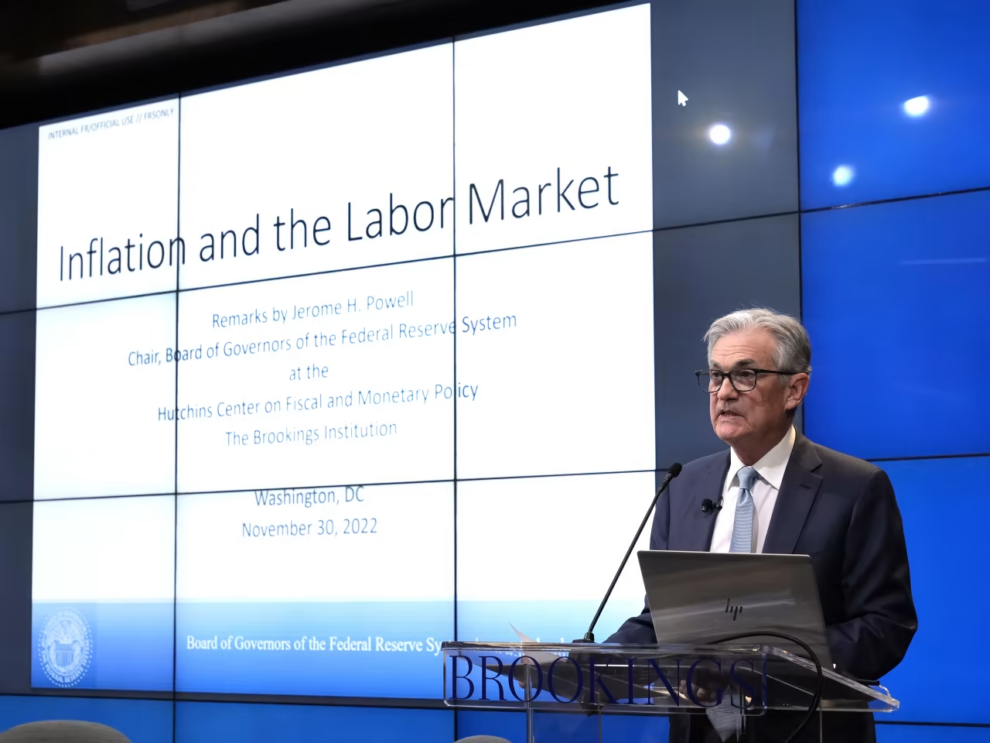Consumer sentiment dropped more than three points over the final quarter of 2023 to 66.0, the second-lowest value in series history. Pessimism in Virginia grew despite the continued moderation in inflation and persistent labor market stability. Nationally, inflation in October 2023 was 3.2%, down from 6.3% at the start of 2023 and the post-pandemic high of 8.9% in June 2022. Meanwhile, the unemployment rate has remained under 4.0% since January 2022; in Virginia, the unemployment dipped under 4.0% in June 2021 and was 2.5% in the most recent reading.
Only 22% of respondents report that their household finances are better today than a year ago; just 38% believe that now is a good time to buy large, durable goods, like a refrigerator. The Virginia Index of Current Conditions (ICC) is 60.7 in the fourth quarter of 2023, down less than a point from the third quarter but almost 7.5 points below the current national reading. The pessimism about current finances and buying opportunities is mainly due to high prices. Although inflation, the growth rate of prices, is slowing, on average, goods and services are more expensive today than a year ago, frustrating consumers. More than 70% of Virginians anticipate higher prices during the holiday shopping season, and most say prices impact their spending behavior.
Thirty-two percent of Virginians believe their household finances will improve over the coming year compared to 21% who anticipate growing challenges. Fifty-nine percent think the coming few years will include periods of high unemployment and economic recession. The Virginia Index of Consumer Expectations (ICE) was 69.4 in the fourth quarter of 2023, down almost five points from the last quarter. Comparatively, the national ICE was 56.8 in the fourth quarter, showcasing relative optimism about the coming year in the commonwealth.
Virginians anticipate that prices will rise by 2.7% over the coming year and 3.6% over the longer term; the short-term price expectation is down from 3.0% last quarter, while the long-term expectation is unchanged. The lack of substantial movement in these expectations indicates that Virginians expect some degree of price stability on the horizon, which typically reduces worry and facilitates budgetary planning.
Analysis
“Consumers appear frustrated with the prices they must pay for goods and services,” said Dr. Alice Louise Kassens, John S. Shannon Professor of Economics and Senior Analyst at the Roanoke College Institute for Policy and Opinion Research. “Reduced inflation simply means that, on average, prices of the goods and services typically bought by households are increasing at a slower rate than one year ago — not that things are cheaper.
I believe we have reached a price point where consumers have just had it. The consumer sentiment index is strongly correlated to prices, particularly those items like food and fuel often purchased by households. This can help explain the tepid consumer sentiment readings amid falling inflation and low unemployment. However, price expectations for the coming year and beyond have stabilized at levels not seen since before the pandemic, indicating that Virginians foresee the recent period of significant price movement coming to a close. Price stability facilitates negotiations and budgetary planning, which promotes productivity and economic growth.”
Methodology
Interviewing for The Roanoke College Poll was conducted by The Institute for Policy and Opinion Research at Roanoke College in Salem, Virginia, between Nov. 12 and Nov. 20, 2023. A total of 740 completed interviews came from random telephone calls to 450 Virginians, and 290 responses were drawn from a proprietary online panel of Virginians. Telephone interviews were conducted in English. Cell phones constituted 61% of the completed phone interviews. Marketing Systems Group provided the telephone dialing frame, and Lucid, LLC facilitated the online panel.
Questions answered by the sample of 740 respondents are subject to a sampling error of plus or minus approximately 4.0% at the 95% confidence level. This means that in 95 out of 100 samples like the one used here, the results should be at most 4.0 percentage points above or below the figure obtained by interviewing all Virginians with a home telephone or a cell phone. Where the results of subgroups are reported, the sampling error is higher.
Quotas were used to ensure that different regions of the commonwealth were proportionately represented. The data were statistically weighted for gender, race and age. Weighting was done to match Virginia data in the 2021 one-year American Community Survey (ACS). The margin of error was not adjusted for design effects due to weighting.
Source: Roanoke College
















